ROXBURY ACADEMIC SUPPORT PROGRAM
Cheshire Academy has a long and proud history of assisting students with their individual learning needs, helping them to better meet the rigors of a college preparatory program.
The Roxbury Academic Support Program, founded over 20 years ago, is a unique and effective approach to supporting students and has grown to meet the demands of secondary education and the evolving needs of today’s students. The academic coaching model of Roxbury utilizes a robust theoretical framework and research-based practices tailored to the Cheshire Academy mission, approach to learning, and range of students at each grade level.
The Roxbury Program director and a dedicated staff of masters-level instructors have professional experience in education at the secondary and post-secondary levels and are skilled in meeting a range of learning needs.

The goal of the Roxbury Program is to develop proactive, knowledgeable, and independent learners who take responsibility for their education and academic success.

To achieve this goal, we utilize our signature academic coaching model. The model includes five core components, detailed below, designed to empower students to discover, master, and utilize effective tools and strategies. Students will learn how to capitalize on their strengths, support areas of challenge, and become more productive learners. It is a transformational experience, and upon graduating, Roxbury alumni feel confident and are fully prepared for the demands of college.
Benefits of the Roxbury Program
Skill building is supported by:
- Teaching students to develop and utilize planning and time management systems for homework and assignments
- Establishing routines for monitoring performance across classes and balancing school and extra-curricular obligations
- Developing systems for organizing paper and digital class materials
- Uncovering barriers to getting started in order to avoid procrastination
- Working with students to break down long-term assignments into manageable chunks and checking work-in-progress
Examples of learning strategies are:
- Using mind maps and graphic organizers
- Employing active reading strategies such as predicting, summarizing, and visualizing
- Utilizing notetaking and test-taking strategies
- Understanding how and when to use different memory strategies such as rehearsal, mnemonics, linking, and chunking
- Exploring assistive technology such as speech-to-text, word prediction, digital calendars, and task lists
During one-on-one sessions, instructors develop supportive relationships by:
- Helping students understand themselves as learners, including how they can grow from their strengths and overcome barriers to learning
- Modeling communication and encouraging positive interpersonal behaviors with teachers
- Supporting self-advocacy by encouraging students to seek out extra help, clarification, and information from classroom teachers
- Assisting students in taking advantage of opportunities to improve their grade, such as paper and test corrections and extra credit
Progress monitoring facilitates student growth by:
- Prioritizing collaborative goal setting, including specific and achievable goals, actions steps to achieve those goals, and ways to measure progress
- Providing the opportunity for instructors to individualize support within sessions and proactively adjust strategies as needed
- Helping students develop a model for being a well-rounded and successful student, including specific and observable behaviors that they could engage in
- Encouraging students to chart their own progress and growth, thereby supporting motivation
Establishing and maintaining an ongoing conversation in service of student success involves:
- Collaborating with teachers to share effective strategies and understand students’ profiles
- Discussing preferred methods of communication for all stakeholders
- Scheduling opportunities for in person, virtual, or phone meetings with families and teachers as needed
- Co-creating mutually agreed upon student-instructor expectations for engagement in sessions
The standard level includes approximately two weekly coaching sessions, enabling strategy instruction, skill building, and follow up which positions students to execute plans and apply skills and strategies outside of session time. After benefiting from participation in Roxbury at the comprehensive or standard level, students may be recommended for the reduced level of Roxbury, meeting approximately once per week. This level facilitates independence through accountability and centers student agency in designing sessions.
The Roxbury Academic Support Program is a supplemental, variable fee-based program and costs are not included in tuition.
Comprehensive Roxbury – $11,550
Standard Roxbury – $7,700
Reduced Roxbury – $3,990







